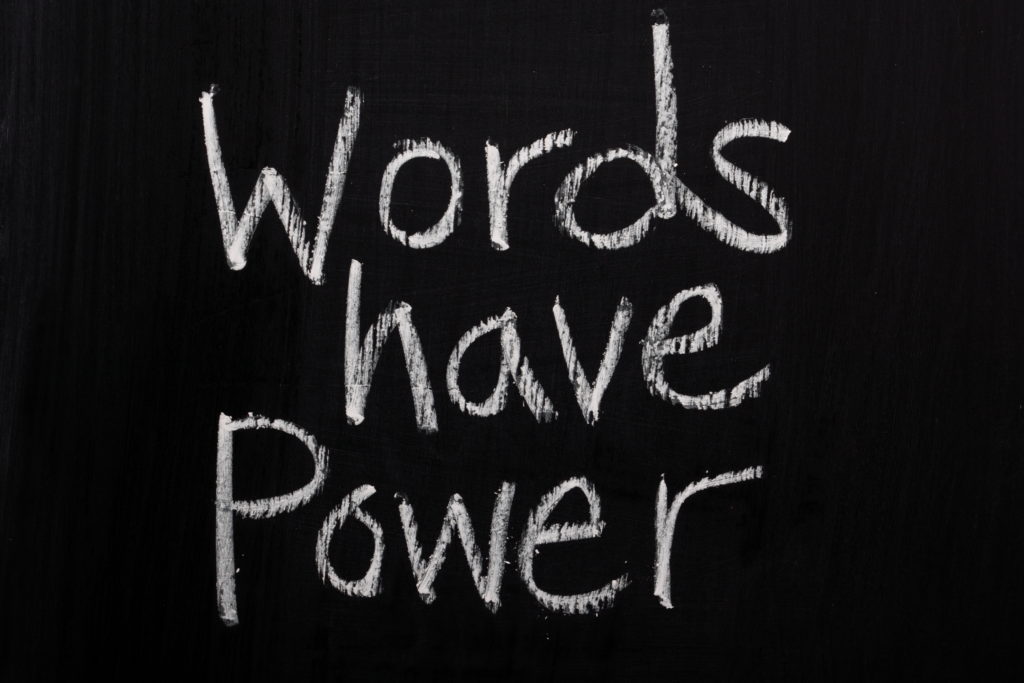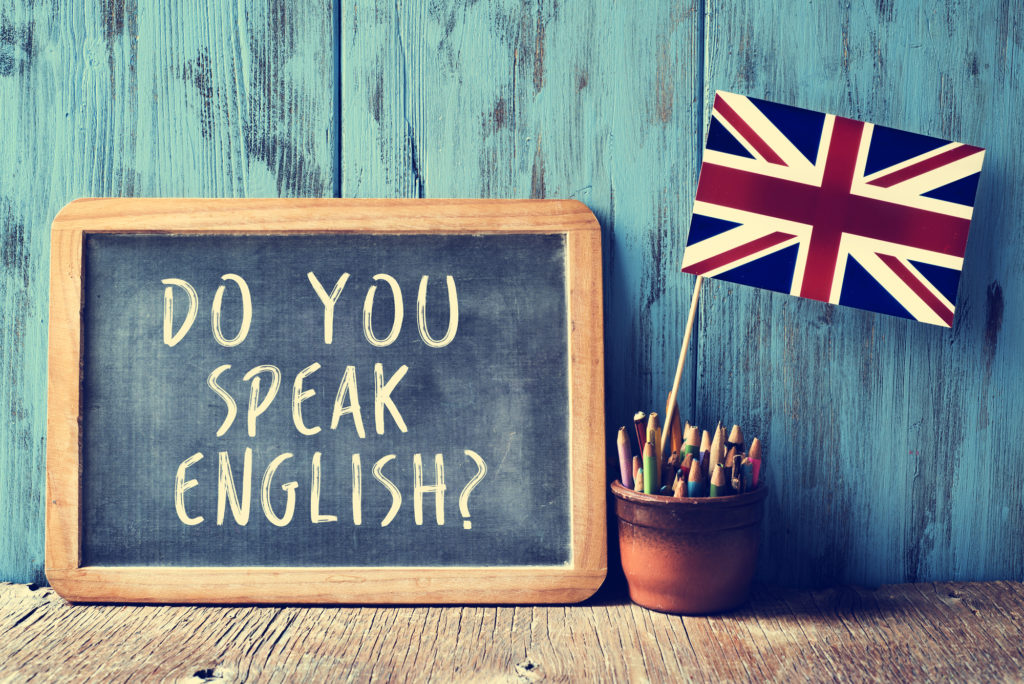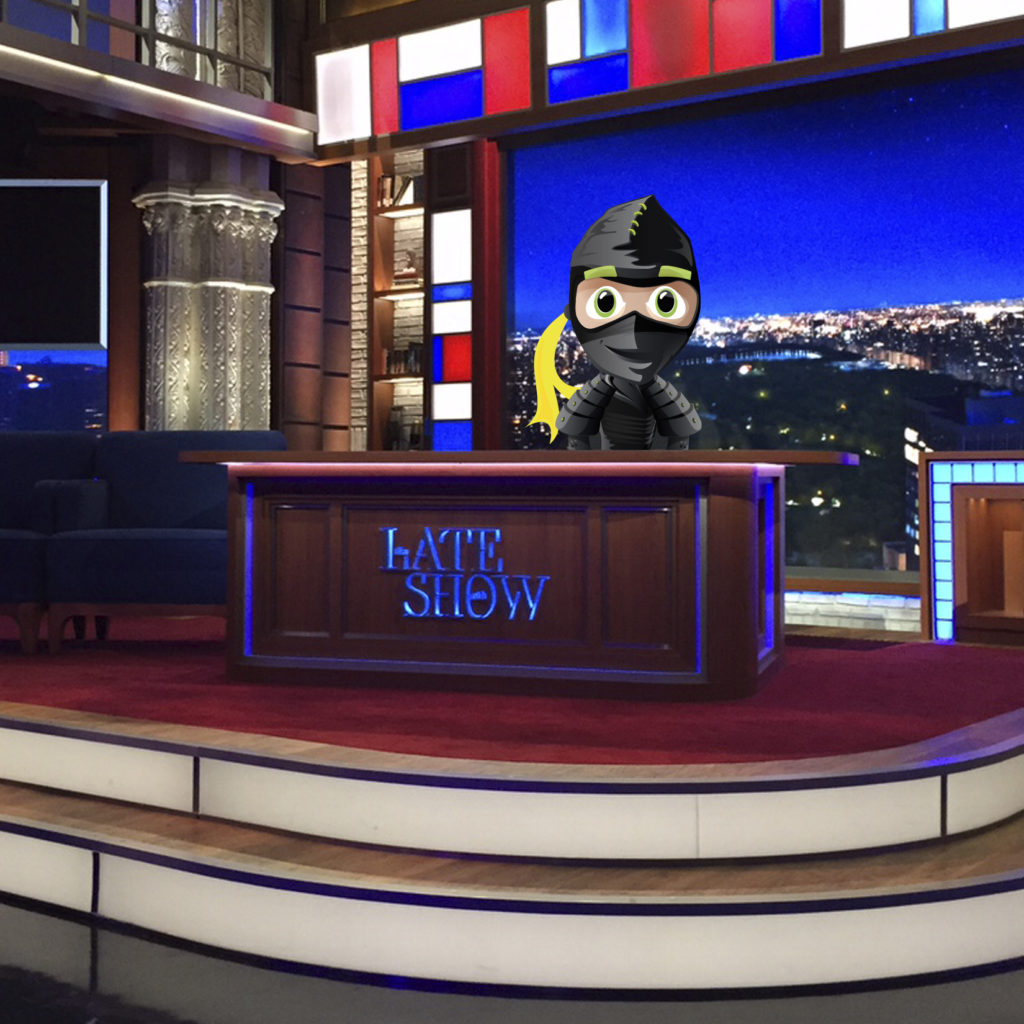I was checking out one of the educational marketing courses offered at the HubSpot Academy the other day when I was struck dumb. Dumbstruck, even.
Read More
13 12 2017
The Flavours of English
In the 1964 movie My Fair Lady, excruciatingly British phonetics professor Henry Higgins worries about the fate of the English language. “In America,” he observes, “they haven’t used it for years.”
Read More
20 06 2017
Misplaced and Dangling Modifiers
“Huh?” you may ask yourself. “I kinda remember hearing those words in high school English class, but I have no idea what they mean,” you may answer.
Read More
Have you ever been reading something and reached the end of a sentence, then had to start reading the sentence again because you forgot what it was about? Do you think it was simply because it was a long sentence? Or were there other reasons?
Read More
Q: What would you say are the most overused words from the past year? I nominate “pivot.”
Yes, the word “pivot” – a word that was previously only used in osteopathic and Jazz dance applications – has been tossed around quite brutally, particularly on cable news channels. The Ninja agrees that as an indication of a swift, smooth, and (ideally) imperceptible change in narrative, it is woefully inadequate.
Read More
29 03 2017
Style Guides & Manuals: What Are They?
Perhaps your high school English teacher told you about style guides, but maybe you didn’t even come across them until college when your English Composition instructor informed you, “You must use MLA style or fail this course.”
Read More
13 12 2016
Grammar Rules: A Lesson on “However”
It’s a little tricky.
Many amateur writers use the word however incorrectly. The most common mistake—and we see it way too often—is using it as if it were a coordinating conjunction.
Read More
Ahh, the music of language.
We’ve all heard the phrase before, but many of us haven’t given much thought to what it actually means. Is it how words sound? The “flow” of a sentence? Or something more?
Read More
Q: If there’s a place in the linguistic world for the words “sexting”, “twerk”, and “totes”, why can’t we finally accept “ain’t”? It’s been in common usage for centuries. When will “ain’t” finally be recognized as a legitimate word?











